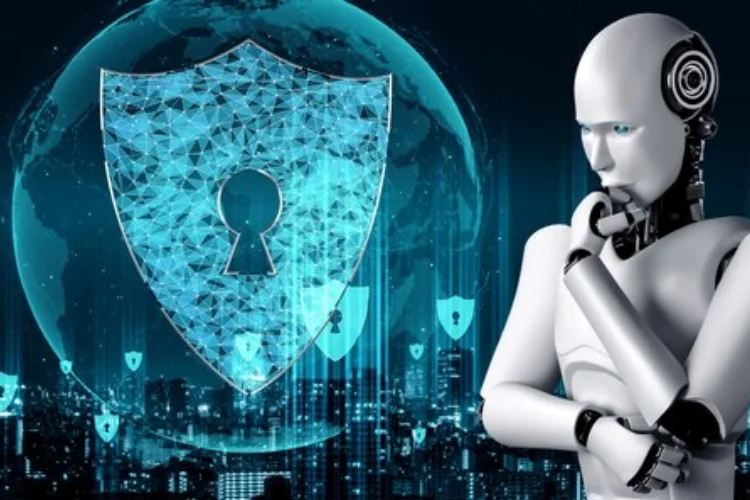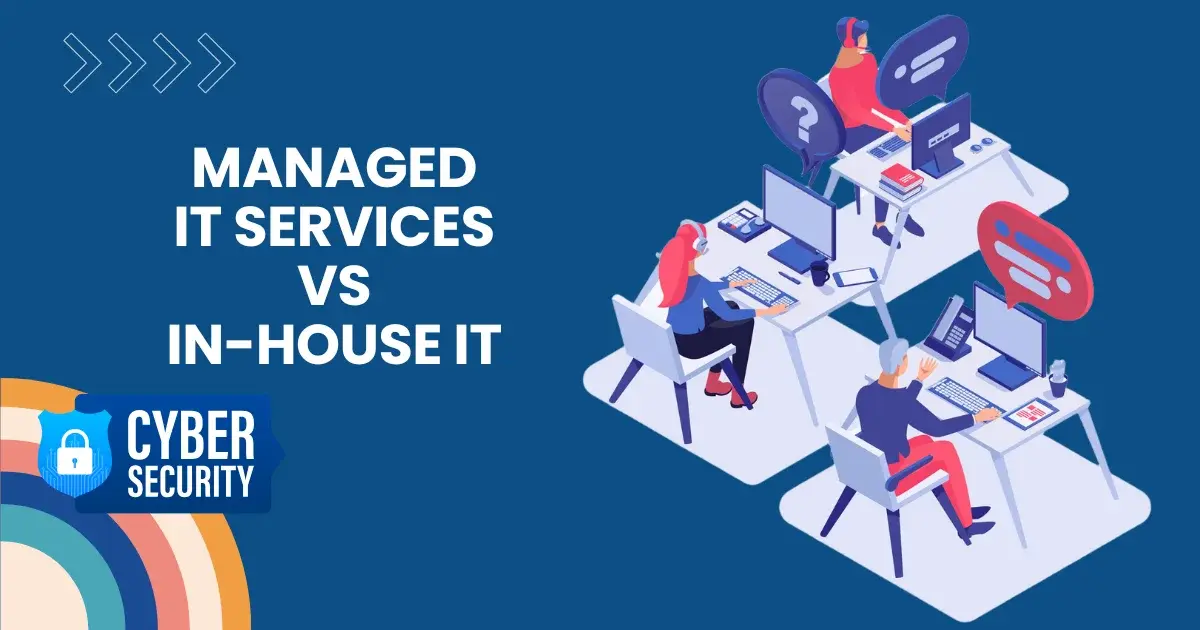Risks of Artificial Intelligence (AI) in Cyber Security
As businesses harness the vast potential of artificial intelligence (AI) to enhance cybersecurity, a crucial question emerges: What are the risks of this powerful alliance?

The assets of Chicago’s bustling entrepreneurs are well-protected by modern cybersecurity innovations dominating the digital landscape. However, while they benefit from AI, it is vital to address the associated risks surrounding this technology.
The Risks of AI in Cybersecurity
Table of Contents
Sophisticated Cyber Attacks
The risk of AI for Cybersecurity. There is a risk of very advanced cyber-attacks through AI by potential malicious parties. There is increasing use of AI algorithms to create attacks that can bypass traditional security measures, hence raising the stakes between cyber security experts and those who want to take advantage of Chicago’s business ecosystem.
Adversarial Machine Learning
Adversarial machine learning stands for tricking AI systems and adds another hazard. In the field of cybersecurity, this means tampering with AI models to miscategorize or disregard malicious behavior. This offers a tactical approach that cyber attackers can use to fool the AI-driven security solutions and make them less efficient. Chicago businesses are constantly competing with these adversarial tactics.
Over-Reliance on AI
While AI enhances our ability to detect and respond to cyber threats, there is a risk of over-reliance on this technology. Placing blind trust in AI systems without human oversight can create a false sense of security. In the vibrant business ecosystem of Chicago, balancing the strengths of AI with human intuition, experience, and contextual understanding is essential in navigating the complex landscape of cybersecurity.
Mitigating Risks in AI Cybersecurity
Continuous Human Oversight
Although AI makes it easier for us to identify and have timely responses towards cyber threats, there is a danger of relying too much on this technology. Overreliance on AI systems without human input might offer them a sense of security. To this end, combining the best aspects of AI alongside human intuition, experience, and context is crucial in understanding the complicated world of cybersecurity in the prosperous business environment of Chicago.
Regular Updating and Patching
AI algorithms need to be regularly updated and improved, just like software needs to improve security. Updating and patching the AI system regularly can help mitigate these vulnerabilities and integrate adaptive adaptation to new cyber threats. In the fight against cybercrime, especially with AI involved as a strong ally, staying ahead of the curve is critical for Chicago businesses.
Ethical Use of AI
With the use of AI in cybersecurity, ethical concerns become more important. There is a need to set and follow ethical rules regulating the creation and use of AI systems. By finding this balance between innovation and ethical use, AI will be harnessed as a positive force in cybersecurity, which cannot be misused to the detriment of Chicago firms’ digital progress.
Conclusion
In conclusion, while AI offers powerful tools for enhancing cybersecurity, it also introduces significant risks that must be carefully managed. Understanding these risks, adopting ethical practices, and maintaining a human-centric approach are essential to navigating the challenges of AI in cybersecurity. Only by balancing AI’s capabilities with human expertise can businesses fully protect themselves in an increasingly digital world.





